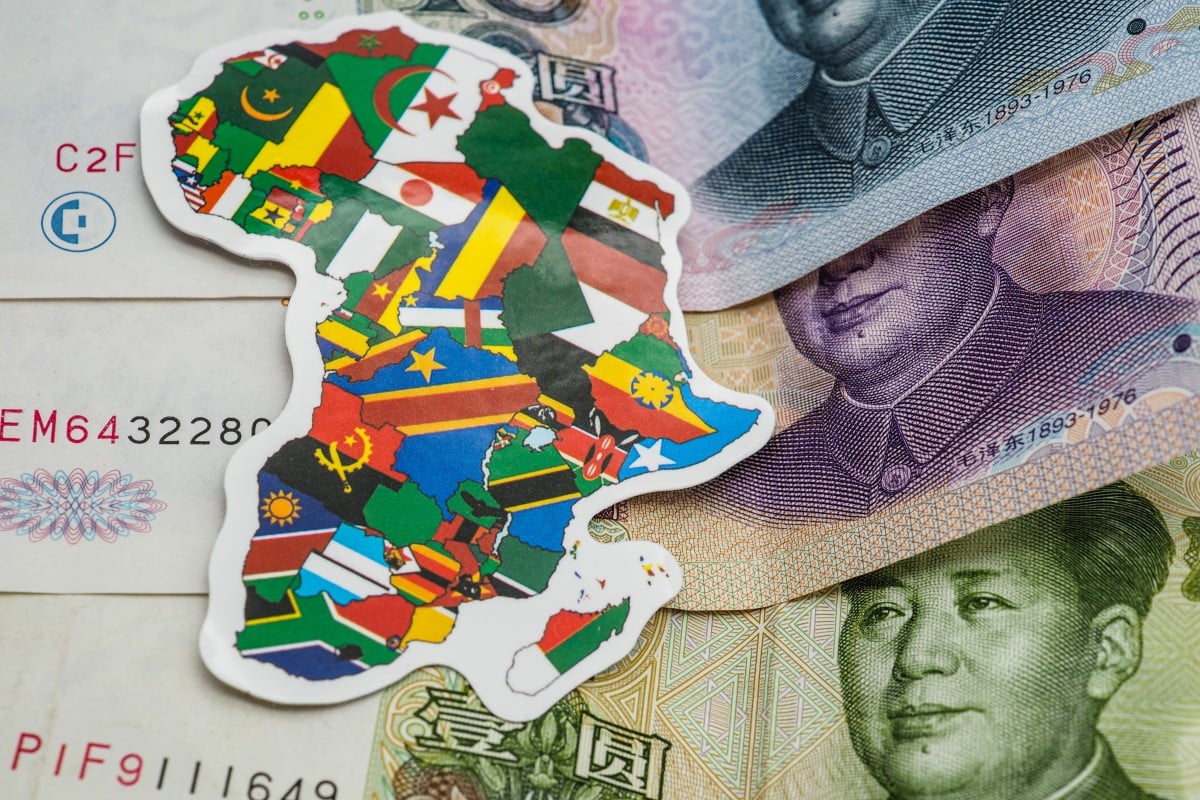
China is gaining influence across Africa, outshining the United States through its expansive trade policies and consistent economic engagement, according to analysts. This shift follows China’s recent decision to grant duty-free access to all taxable goods from 53 African nations—excluding only eSwatini—drawing a sharp contrast with Washington’s increasingly restrictive approach.
While Beijing expands trade ties, the US has moved in the opposite direction, threatening to slash foreign aid, shutter USAID offices, and tighten visa policies affecting countries like Cameroon, Ethiopia, Ghana, Nigeria, and Somalia. Starting August 1, the US also plans to impose higher tariffs on imports from nations including Algeria, Libya, South Africa, and Tunisia.
Analysts say China’s duty-free policy marks a significant win in the contest for influence, enhancing Beijing’s image as a dependable and mutually beneficial partner. In contrast, Washington’s actions are increasingly viewed as punitive and self-serving.
Cameron Hudson, a former US official now at the Center for Strategic and International Studies, pointed out that the US has long assumed its aid and humanitarian work in Africa would guarantee political goodwill, allowing it to act freely on the continent. But that assumption, he noted, no longer holds.

“Washington has effectively lost the narrative to Beijing in Africa,” Hudson said. “It hasn’t managed to communicate its intentions or values to African audiences in a compelling way.”
Although recent US policies have drawn criticism, Hudson believes African nations are still open to a reset in their relationship with the US—provided it adopts a fairer, more neutral stance.
China, meanwhile, has maintained a steady presence, framing its efforts in Africa as mutually advantageous—even when they serve its broader strategic goals.
At last month’s US-Africa Business Summit in Angola, the American delegation emphasized a pivot from aid to trade under its new Commercial Diplomacy Strategy. Yet African leaders, represented by the African Union Commission, voiced serious concerns—particularly over the new tariffs and visa restrictions.
The Carnegie Endowment for International Peace noted that these moves have already reduced visa validity for several African countries. According to Zainab Usman, director of Carnegie’s Africa program, China now ranks above the US in African public opinion.
Citing Afro barometer data, the think tank reported that 60% of Africans view China’s role on the continent positively, compared to 53% for the US and 49% for the European Union. While China’s positive perception has edged up slightly since 2020, the US has seen a five-point drop. Both countries, however, have experienced a rise in negative views—China’s due to debt concerns, and the US’s driven by accusations of interference in internal affairs.
Hudson noted that regardless of political leadership in Washington, many Africans see the US as unreliable and overly demanding. “There’s a persistent belief in the US that its role in Africa is purely benevolent,” he said, “but there’s little reflection on how its actions are actually received.”
He also highlighted areas Washington seems unaware of—such as its control over global institutions like the UN and financial organizations, which often shape policies that negatively impact African nations.
X.N. Iraki, a business professor at the University of Nairobi, said China’s visibility has helped solidify its appeal. “From highways and ports to skyscrapers, Chinese projects are everywhere. People can see the impact,” he said.
Western contributions, he noted, tend to be less tangible—focusing on democracy, law, education, and health—which are harder for the average citizen to notice.
Iraki also pointed to rising Chinese media influence in Kenya and growing trade ties, as more African traders travel to China and form direct impressions. At the same time, reductions in US aid and rising tariffs are diminishing America’s reputation.
“The West has long been seen as generous,” Iraki said. “But that image is fading. And with the US appearing to close its doors to outsiders, it’s possible Africans are beginning to close their hearts in return.”






